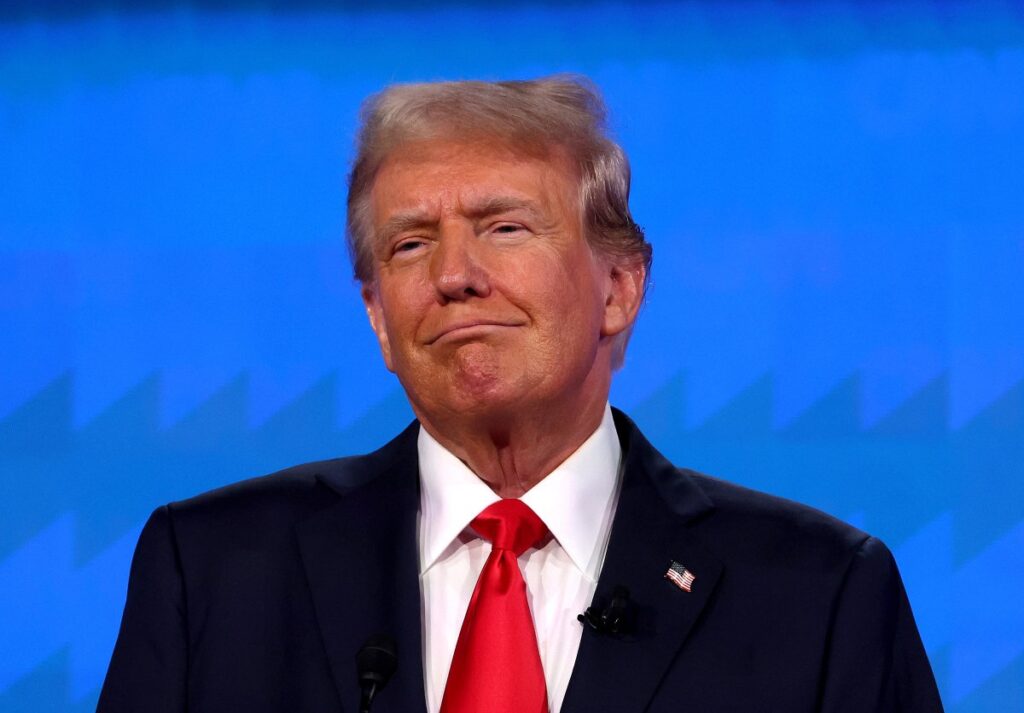China is part of the RCEP and wants to join CPTPP; but the United States, with Donald Trump in the Presidency, has introduced uncertainty about the USMCA.
At the same time that the RCEP relief process is proceeding as normal, CPTPP is expanding and USMCA is facing challenges with Trump becoming President of the United States.
To date, the UK has been the only country to join CPTPP through an accession process, bringing the trade bloc to collectively account for 15% of global GDP.
RCEP
Nusatrip believes that ASEAN’s participation in the RCEP, the world’s largest trade agreement, will generate a virtuous circle of global investment and talent flows into the region, injecting new assets under management, creating new wealth in ASEAN and expanding wealth management pay.
The RCEP is comprised of China, the Philippines, Malaysia, Indonesia, Singapore, Thailand, Brunei, Vietnam, Laos, Burma, Cambodia, Japan, South Korea, Australia, India and New Zealand.
USMCA
This Monday, Trump declared that he would impose tariffs of 25% on Mexico and Canada. He also announced an additional 10% tariff on China. These measures, according to him, would remain in place until the United States’ neighboring countries solve cross-border “drug problems”. He further stated that they would apply as long as serious illegal immigration situations persist. As for China, he stated that the tariffs would continue until it commits to combat shipments of fentanyl to the U.S. market.
According to Roberto Zapata, senior partner at Ansley Consultores and former Mexican ambassador to the World Trade Organization (WTO), these tariffs violate not only the rules of the USMCA, but also the Most Favored Nation (MFN) treatment of the WTO.
CPTPP
The CPTPP eliminates or reduces tariff and non-tariff barriers on almost all trade. It applies to goods, services, and investment. This comprehensive agreement covers the entire spectrum of trade. As a result, it creates new opportunities for businesses, workers, and consumers in member countries.
This trade agreement introduces new elements to benefit economies at all levels of development. It ensures that businesses of all sizes can gain from trade. Additionally, it includes specific commitments to trade capacity building and development.
CPTPP includes Australia, Brunei, Canada, Chile, Japan, Malaysia, Mexico, New Zealand, Peru, Singapore and Vietnam.

